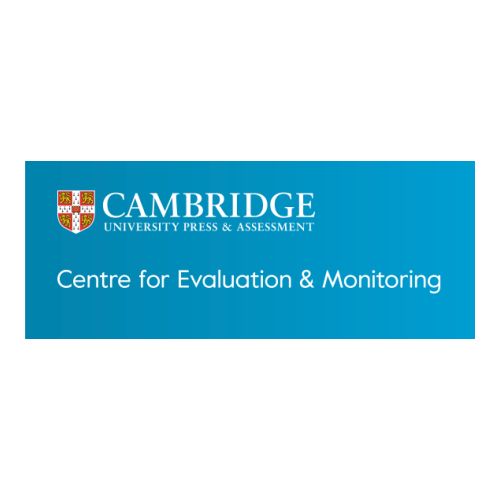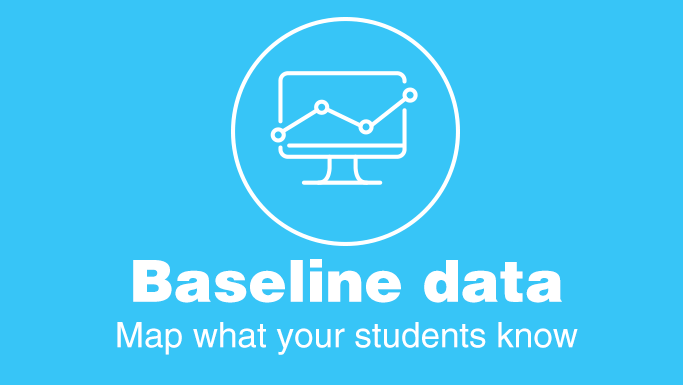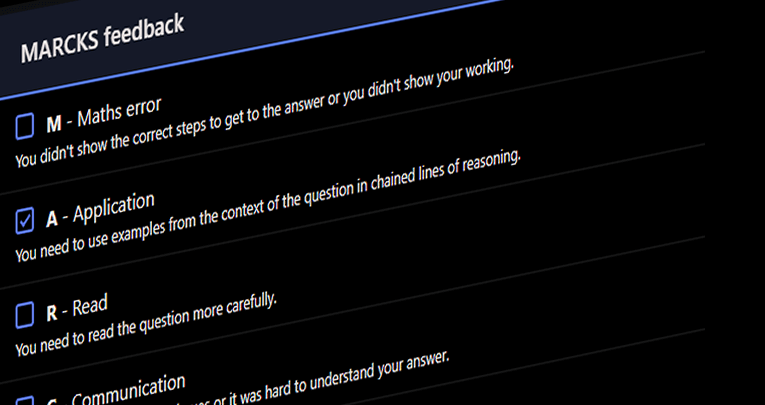With ongoing disruption to this academic year, there is still an element of uncertainty surrounding the 2021 exams. Using CEM’s computer-based baseline assessments, you can quickly access data to support your professional judgement of your students during their key exam years.
You have a lot of information about each of your students, evidence you can use to form the basis of their individual predictions for their exams. This may come in the form of:
- Prior attainment
- Baseline assessment data
- Professional judgement
- Or, ideally, a combination of all of the above
However, there is a large health warning against only using prior attainment to support a student’s predicted grade.
The focus on a single grade outcome, and the limited amount of information that you can learn from that, cannot fully inform a student’s, or your, next steps.
There is no accounting for a student’s personal context or possible influencing factors.
Access strong, reliable evidence
Following the situation last summer, we know how important using reliable data is to provide you with a wealth of evidence to support your professional judgement.
Using a good, standardised baseline assessment that is founded on robust research will help you understand your students’ aptitudes and skills and provide established data insights.
Yellis, CEM’s baseline assessment for students aged 14 to 16, provides strong, reliable evidence of your students’ skills and abilities and provides predictions to GCSE and IGCSE.
Alis, CEM’s baseline assessment for students aged 16 to 18, provides strong, reliable evidence of your students’ skills and abilities and informs you of how they are likely to perform at A Level. We calculate predictions to A Level based on an adaptive baseline assessment that doesn’t just rely on GCSE or IGCSE results.
Support your students’ journey to their exams
Our Yellis and Alis assessments provide you with predictive data in the form of Chances Graphs.
At CEM, we can calculate all the chances a student has of achieving each grade at GCSE, IGCSE and A Level using decades-worth of data and statistical analysis.
As our data shows the statistical probabilities of achieving a range of grades, rather than giving a single predicted grade, sharing this information can be an incredibly useful tool to encourage and motivate your students. It can help guard them against complacency, inform discussions with their parents and shape your teaching and learning strategies to support them in reaching their goals.
No one can predict the future, but CEM can provide solid data that you can rely on.
Find out more about Yellis and Alis and register for a free demo. Read a blog from our statistician to discover how we make predictions about future exam outcomes.
Why CEM?
The Centre for Evaluation and Monitoring (CEM), part of the University of Cambridge, has been providing formative assessments for children of all ages, from early years to post-16, for over 30 years.
We help you to unlock your students’ full potential, turn assessment data into knowledge and provide evidence to support your decision-making.
Find out more about Cambridge CEM at cem.org.












